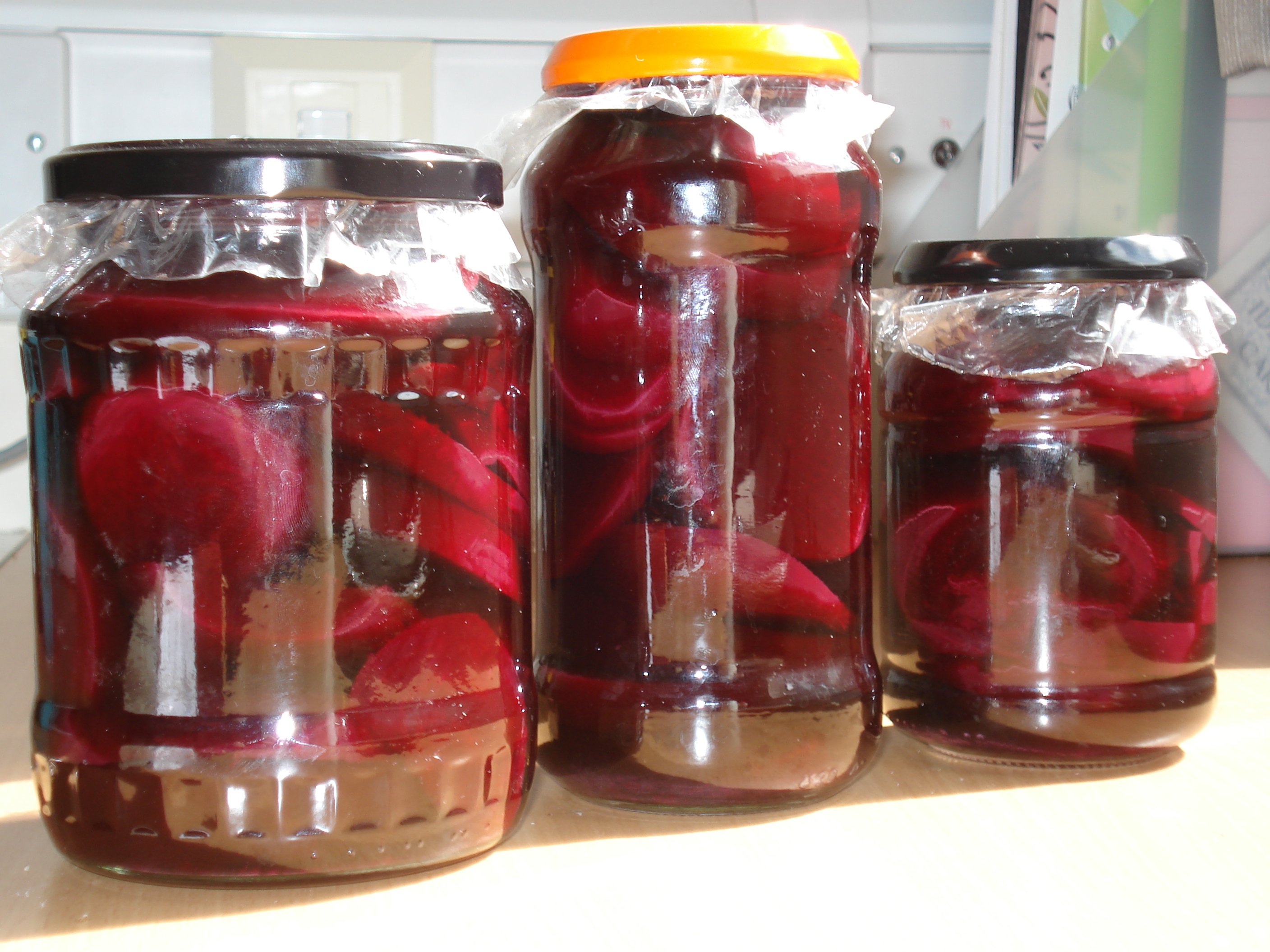Beets belong to the same family as chard and spinach, root vegetables high in nutrients and potent blood builders and cleansers.
Phytochemical, a nutrient found in beets, and element responsible for its unique red color reduce homocysteine levels.
Beetroot is packed with magnesium, calcium, sodium, phosphorus, copper, and contains even higher iron content than spinach which actually makes beets great for blood-building food.
Beets also contain vitamins A, C, B1, B2 and B6, as well as folate, choline, iodine, potassium, manganese, organic sodium, fiber and carbohydrates from the sugars.
Beet juice health benefits:
-Treat gallbladder and kidney ailments by mixing it with carrot juice
-Drink beets juice and honey on an empty stomach three times a week to treat gastric ulcers
-Beets cleanse the liver and stop jaundice, diarrhea, hepatitis, food poisoning and vomiting.
-It is a powerful solvent for calcium deposits in arteries.
-Beets choline content detoxifies the liver and treats damage caused by excessive alcohol consumption.
-Beetroot is a highly alkaline vegetable that treats acidosis.
-Its high iron content reactivates and regenerates the red blood cells and provides fresh oxygen to the body.
-It regulates blood pressure
– Beets have potent powerful anti-cancer properties and protect against stomach and colon cancer.
-Beets fight inflammation and can ease bowel movements and treat constipation.
-To treat dandruff, add a bit vinegar to a cup of beet juice and massage your scalp.
-Beetroot juice enhances stamina and energizes the body, making it ideal before high endurance training.
-Regular consumption of beetroot juice inhibits varicose veins and increases the elasticity of arteries.
Beetroot can last for a few weeks in the fridge. Also, the ones with round bottoms contain more sugar than the flat-bottomed ones.
Avoid overheating them, as it will remove the nutrients and the minerals in it. To enhance the taste, add some lemon juice
If you are not used to the taste, you should gradually increase the intake, and since it is a very potent detoxifier it can lead to mild dizziness.
Rachael Link, MS, RD gives some tips for cooking beets:
“There are plenty of options for cooking beets. In fact, you can eat them raw, cooked or roasted. When eaten raw, beets are firm, crunchy and mildly sweet-tasting. They can be used to make beets juice or added to smoothies and salads. Eating them raw ensures that they retain their nutrients and helps preserve their natural flavor.
When you cook beets, they become softer and slightly sweeter. They are often paired with goat cheese or balsamic vinegar to balance their sweetness, as well as arugula, which adds a nice peppery flavor to the earthy and sweet taste of beets. Roasting them also gives their natural sugars a chance to caramelize and gives them a richer, sweeter flavor. Beets can also be boiled, steamed or sautéed as well.
It’s important to note that even though beets seem very resistant and tough, they are actually a very delicate vegetable. Beets are prone to oxidizing and losing some of their nutrient value when they are overheated and overcooked.
Be sure to cook beets lightly to prevent oxidation and maximize the nutritional value of your beets. Additionally, opt for fresh beets over canned or pickled when possible to make sure you’re getting as many nutrients as possible.
The healthiest way to cook beets to keep their nutrients intact is either to steam them for about 20 minutes or under, or to roast them for under one hour, which slowly cooks and softens them.”
If you like the article, hit the SHARE button on Facebook!
Source:
healthyfoodhouse.com


Leave a Reply